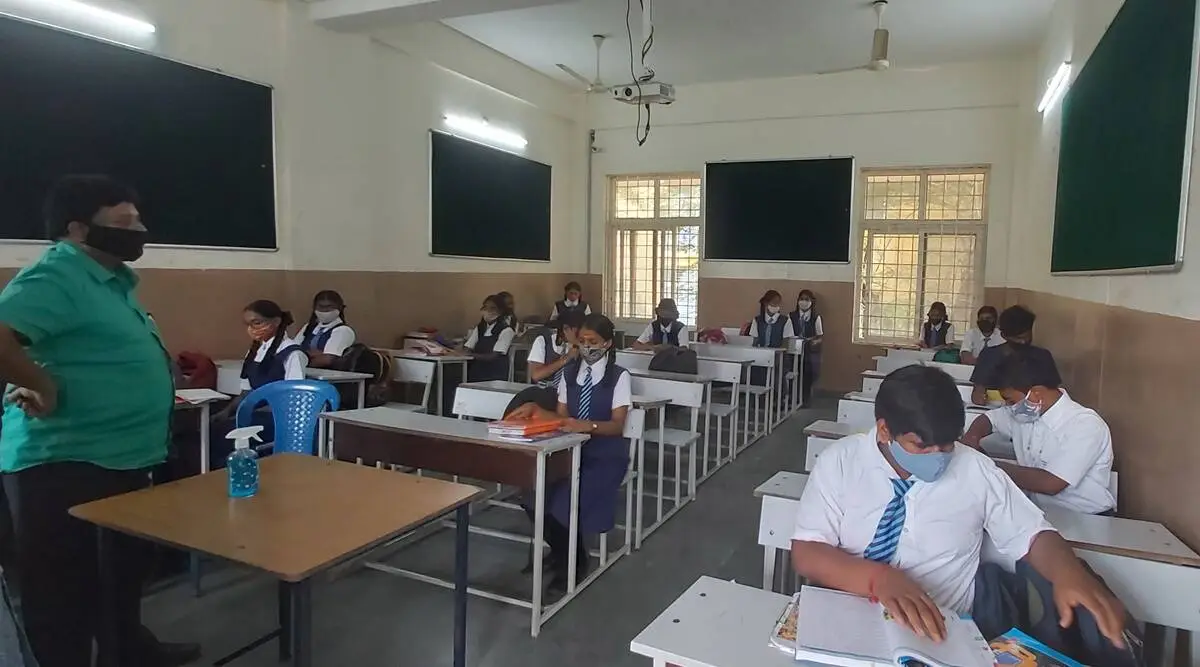
Empowering Students: Telangana’s Innovative Integrated Residential Schools Initiative
Introduction
On October 11, Chief Minister A. Revanth Reddy took a significant step towards enhancing education in Telangana by laying the foundation stones for 28 Young India Integrated Residential Schools (IRS). This initiative aims to provide quality English-medium education while promoting inclusivity among students from diverse social backgrounds.
Innovative Approach to Education
Departing from the traditional residential school model that often limits admissions to specific social categories like SCs, STs, or OBCs, the new IRS will accept students from various backgrounds. This inclusive approach aims to create a more holistic educational environment, fostering comprehensive development among students.
“The structure is designed to allow students to focus entirely on their studies, free from the distractions of financial or material hardship,” stated Burra Venkatesham, Principal Secretary of the Education Department. Each IRS campus will span 25 acres, featuring state-of-the-art facilities, including digital libraries, smart boards, and computer labs.
Sustainability and Inclusivity
The architectural design of the IRS will prioritize sustainability and inclusivity, adhering to global standards for accessibility. Each campus will utilize wind and solar energy while implementing rainwater harvesting techniques to achieve net-zero emissions, ensuring a supportive environment for all students, including those with disabilities.
Capacity and Investment
Each IRS will accommodate 2,560 students and employ 120 teachers, with an estimated budget of Rs 125 crore per school, totaling Rs 5,000 crore for the project. If successfully implemented, this initiative has the potential to set new educational benchmarks across the state.
Vision for Unity and Growth
Chief Minister Revanth Reddy emphasized that these integrated schools could serve as role models for the entire country, stating, “It will promote a sense of brotherhood and unity among students instead of filling poison in their minds by making them study separately.” He criticized the previous government’s neglect of education, highlighting the closure of 5,000 government schools and the lack of essential facilities in many existing residential schools.
Criticism and Concerns
The Bharat Rashtra Samithi (BRS) has expressed skepticism regarding the Congress government’s initiative. Activist R.S. Praveen Kumar remarked that the plan is “old wine in an old bottle with a new label,” raising concerns about the large student-to-teacher ratio. He emphasized that smaller educational environments are more effective for learning.
Furthermore, analysts caution that while the IRS project is promising, it should not overshadow the needs of students in other public schools. Ongoing efforts to promote information technology and innovation in education must also address grassroots development.
Conclusion
The launch of the Young India Integrated Residential Schools in Telangana marks a pivotal moment in the state’s educational landscape. As the government invests in these schools, it must ensure that they meet the diverse needs of all students across the state, paving the way for a brighter and more equitable future.

